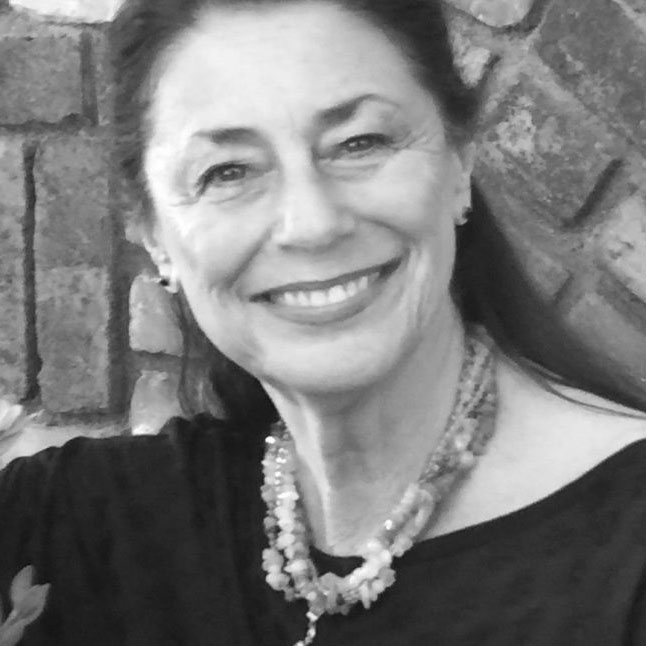
Having completed the last two and highly important Torah portions, Yitro and Mishpatim, we come face to face with the very essence of Judaism. Joined together by the letter vav, at the beginning of Mishpatim, we read “And these,” “V’eyleh.” This letter represents connection between two important ideas and principles. What could these be, particularly now, as we navigate being Americans in a surreal un-American experience. Yitro places the freed slaves at the foot of Sinai, after experiencing the power of the hidden G-d through the 10 plagues and the crossing of the sea, now they stand watching smoke, fire, lightning, thunder, and the reverberation of the Shofar, hearing the heavenly voice exclaim the Ten Commandments. The shock and trauma of the moment create synesthesia, the reversing of their senses, hearing images and seeing sounds. This phenomenal experience arouses fear amongst the people telling Moses, “You go talk to this G-d for if we stay in this presence we will ‘die.’ Despite the overwhelm, a covenant is forged.
This is a right-brain experience. It is experiential, spontaneous, and a physical knowing. It is the engagement with ritual and Jewish objects – a lived experience. What follows in the next parsha are the laws, the guideposts of what creates a civil society. This is a left-brain experience through words that teach and inform, a pathway to create morality, ethics, and compassion. The ‘And’ between these two Torah portions, connects the ‘doing and the knowing,’ the right and the left brain, the experience of lived tradition along with the wisdom of Torah, both essential to become a society that is whole and balanced, encouraging engagement based on respect and honor between the members of this community.
Judaism is a lived tradition based on principles that infuse the laws of the society with an underlying morality and humanity. With the first law shaping the slave experience, G-d creates opportunity for these people to see themselves as servants and not slaves. An appropriate system is created so errors and mistakes have consequences but with dignity, releasing them from being shackled yet having appropriate ways to make amends or pay off debts. Indentured servitude replaces slavery and its punitive control by another human being.
We come to understand, through the laws, that respect for the stranger, the enemy, the animals, and the destitute is due them. In fact, over 1,000 years later in the text of Pirkei Avot it says, “Make the property of your fellow as precious to you as your own,” and “let the honor of your fellow be as precious to you as your own.”
We also read the people say, “V’na-aseh v’nishma,” “We will do and we will listen.” The doing, the experiential expression comes before the hearing and understanding” yet both have importance. Judaism teaches that both the right and the left brain must work hand in hand. The extraordinary and astounding revelation is only half the experience, the other half is the knowledge and expression of our values, morality, ethics, and compassion between members of the community.
In these moments when the opposite is occurring, the lawlessness of lying, manipulating, extorting, and intimidating are rampant, starting at the top, we appreciate the kind of society Torah, from its inception, is presenting, based in laws that stress care, kindness, and equality. Every Jew is an inheritor of the miraculous experience at Sinai and the law-based tradition promoting respect and compassion, receiving a tradition that honors the importance of what we do and teaches how we must do it. Hatred and bullying leads to an 11-year-old immigrant girl taking her life for the pain of intimidation by her peers was too severe. We are creating a hate-filled society where once the stranger found solace coming to America.
We are called in these moments to ‘Na-aseh v’Nishmah,’ to do whatever one can to let the right-brain express through actions, while the left-brain guides with the truth of our values and teachings bringing light to the world and emanate core Divine teachings such as, “You shall not oppress a stranger, for you know the feelings of the stranger, having yourselves been strangers in the land of Egypt.”
Eva Robbins is a rabbi, cantor, artist and the author of “Spiritual Surgery: A Journey of Healing Mind, Body and Spirit.”


































 More news and opinions than at a Shabbat dinner, right in your inbox.
More news and opinions than at a Shabbat dinner, right in your inbox.